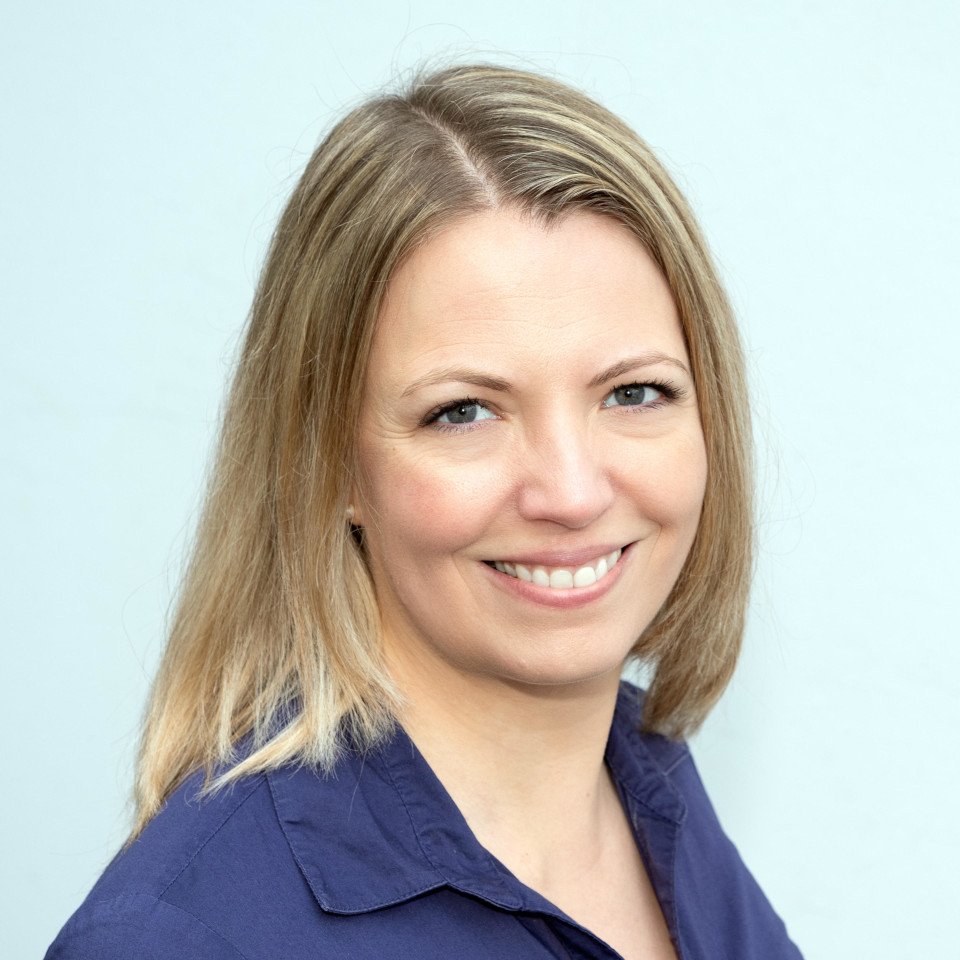HFDcon 2024
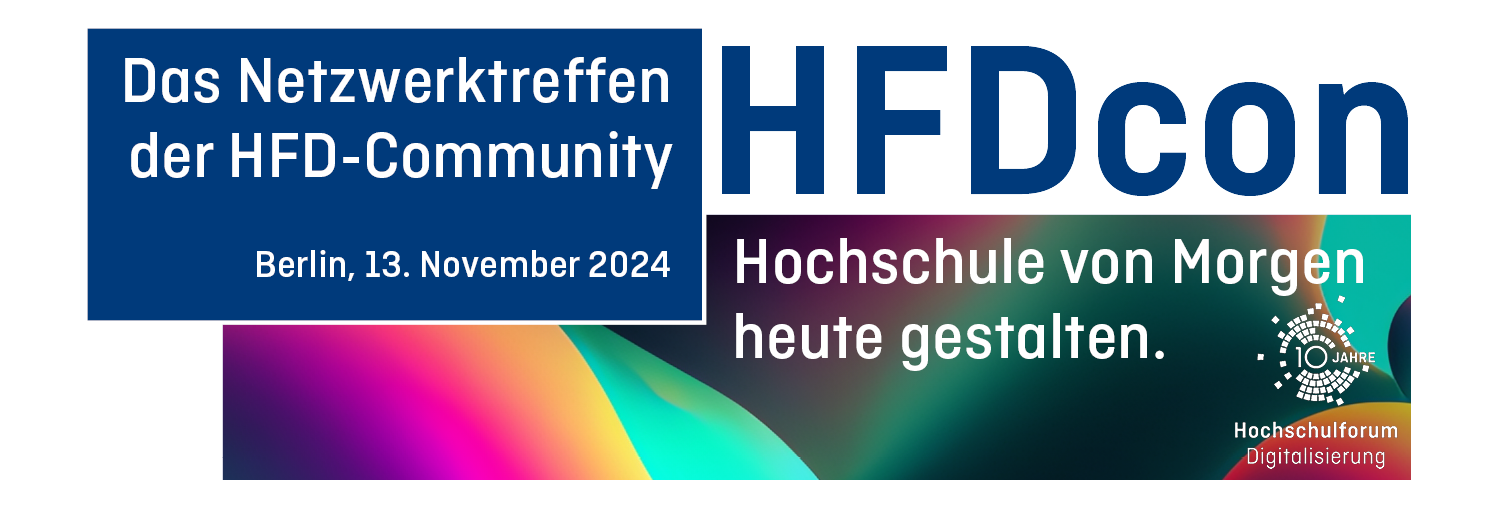
The network meeting for digital pioneers at universities on 13.11.2024
The event has already taken place. You can find the event report here:
Blog
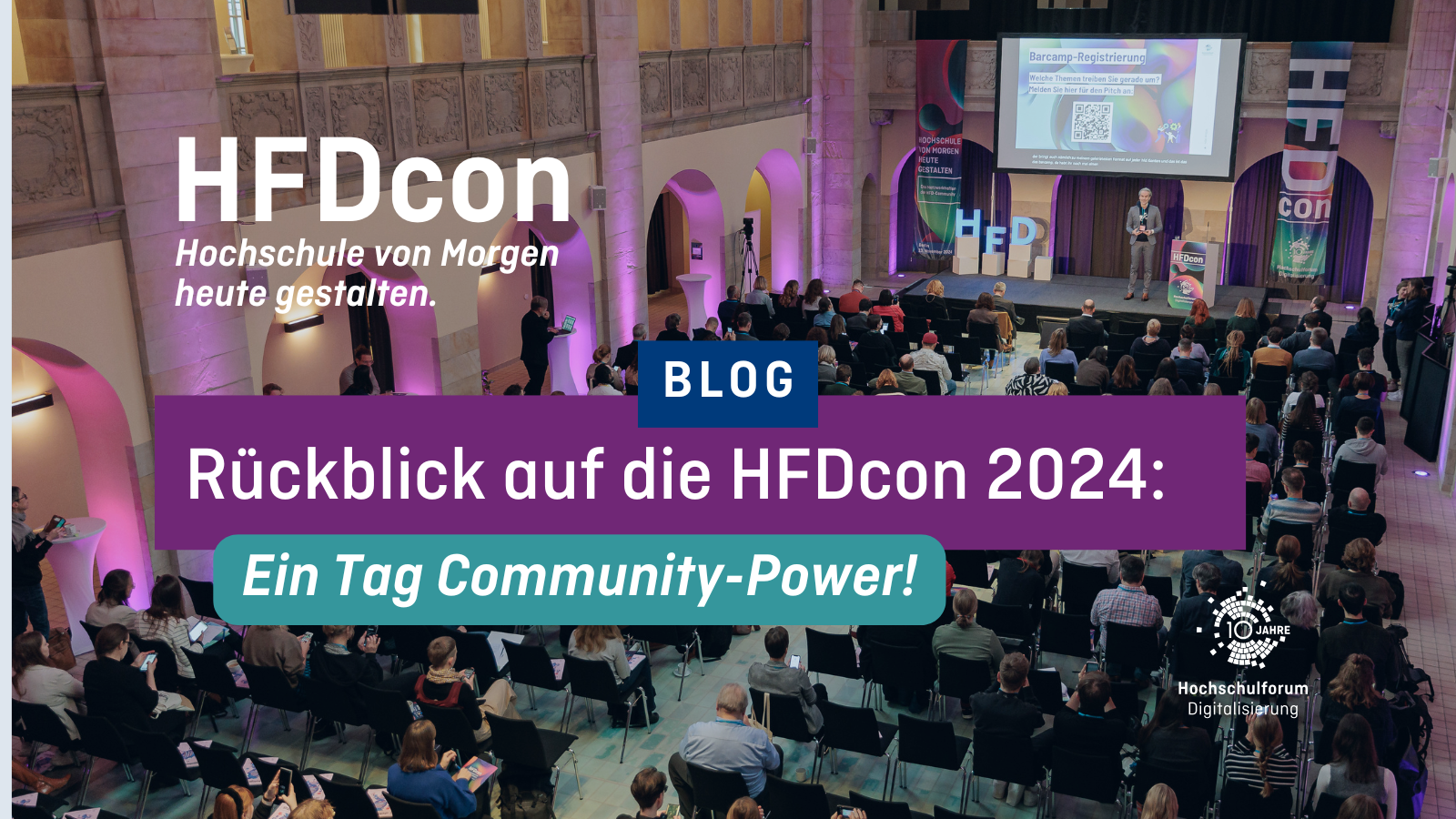

HFDcon 2024: Hochschule von Morgen heute gestalten
The HFDcon 2024 programme:
Early adopters: Registration Coffee
Welcome
Martin Wan (Project Manager HFD/HRK) and Peter Greisler (MinDirig BMBF)
Gamechanger: Keynote "Higher education and its (speculative) futures"
Sian Bayne (University of Edinburgh)
Spot on: Workshop Session I
Meet Eat: Lunch
Hands on: Workshop Session II
Power Charge: Espresso break
Quick Dirty: Barcamp-Pitch
Coffee Connect: Coffee break
Loading Ideas: Barcamp sessions "Shaping tomorrow's university today" & Gallery Walk "10 years of HFD"
What a day: Conclusion of the day's programme
Informal finale with community quiz "Bytes & Brains"
Would you like to find out more about HFDcon itself? You can find basic information about our network meeting here.
Contact:
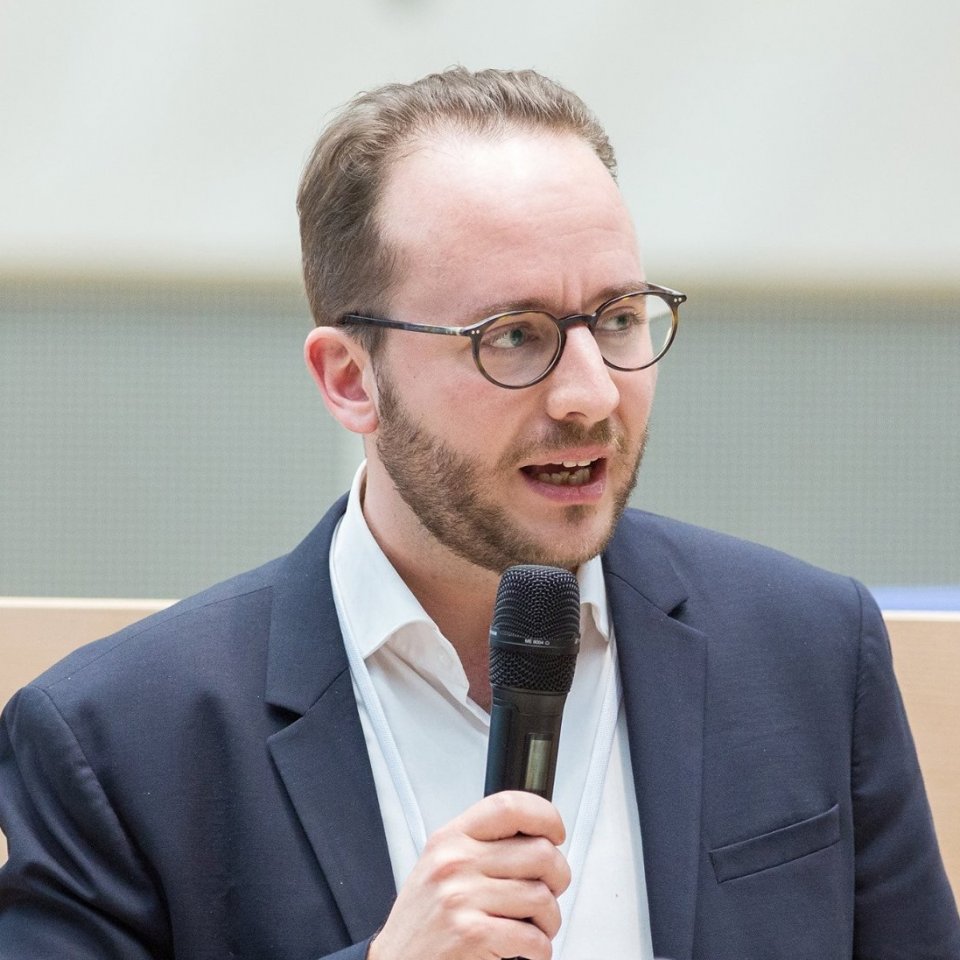 Martin Wan
Martin Wan
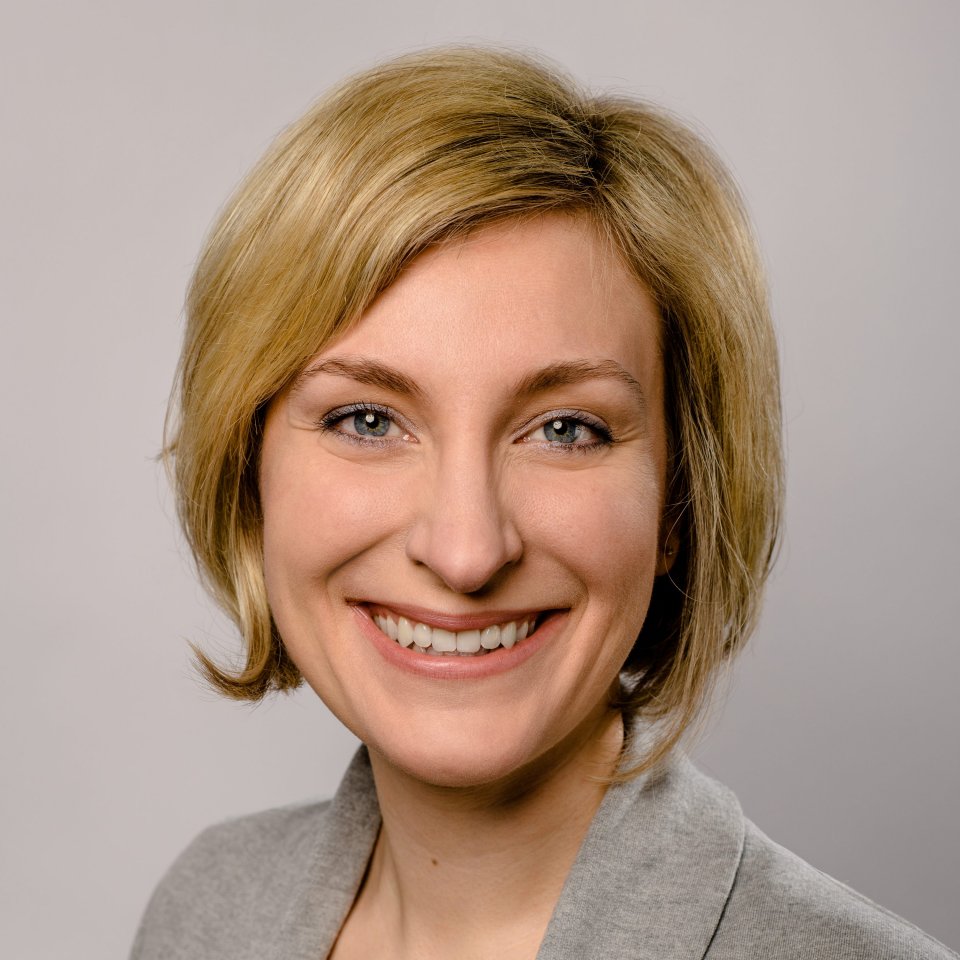 Anja-Lisa Schroll
Anja-Lisa Schroll


